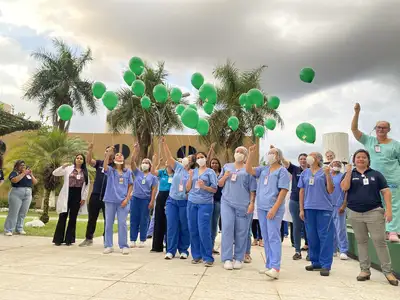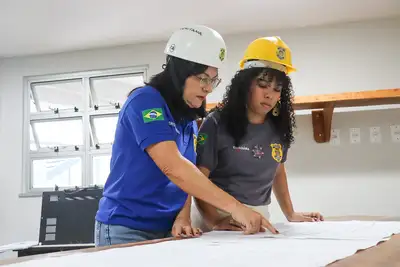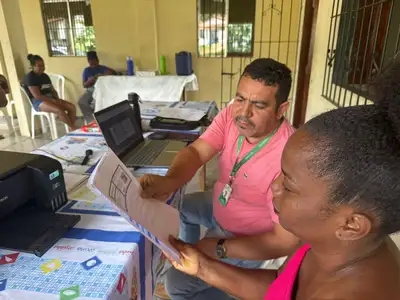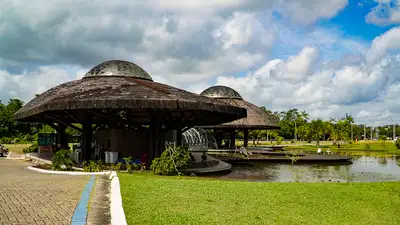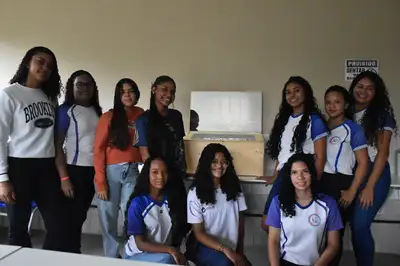Secult promotes public hearing to plan the next cycles of the Aldir Blanc National Policy in Pará
The meeting will be held in a hybrid format and will bring together cultural makers from across the state to discuss the multiannual resource allocation plan of the Aldir Blanc National Policy (PNAB) from 2025 to 2028
The State Secretariat of Culture of Pará (Secult), in partnership with the State Council of Culture, will hold a public hearing next Tuesday (17) to discuss the multiannual resource allocation plan of the Aldir Blanc National Policy (PNAB), focusing on the next four years: 2025, 2026, 2027, and 2028.
The meeting will be held in a hybrid format: in person, at the transversal hall of the State Museum of Pará (MEP), in Belém, at 5 PM, and virtually, through an online room that will be made available for participants from other regions of the state, via this link. The hearing is open to the public, with no prior registration required.
The main objective is to listen to civil society, especially cultural makers from all segments, to collaboratively build the new stage of the cultural promotion policy.
The director of Culture at Secult, Tamyris Monteiro, explains that the public hearing meets a requirement of Ordinance No. 200, dated April 11, 2025, from the Ministry of Culture, which mandates the construction of multiannual plans with popular participation.
“This hearing is essential for us to see what the limits of the first cycle of the PNAB were, evaluate the results, and, above all, plan the next steps. It is by listening to those who create culture daily that we can improve, expand, and democratize access to resources,” said Tamyris.
During the hearing, the proposed resource allocation plan developed by the State Council of Culture will be presented. The idea is that, based on the contributions received, the document will be adapted and published in the Official Gazette later this month of June.
The Aldir Blanc National Policy for Cultural Promotion, enacted as a permanent policy in 2023, guarantees annual transfers from the Federal Government to states and municipalities for cultural actions. With the new federal guideline, states must develop application plans valid for four years, covering all regions and their specific cultural contexts.
Text: Painah Silva, Ascom Secult




